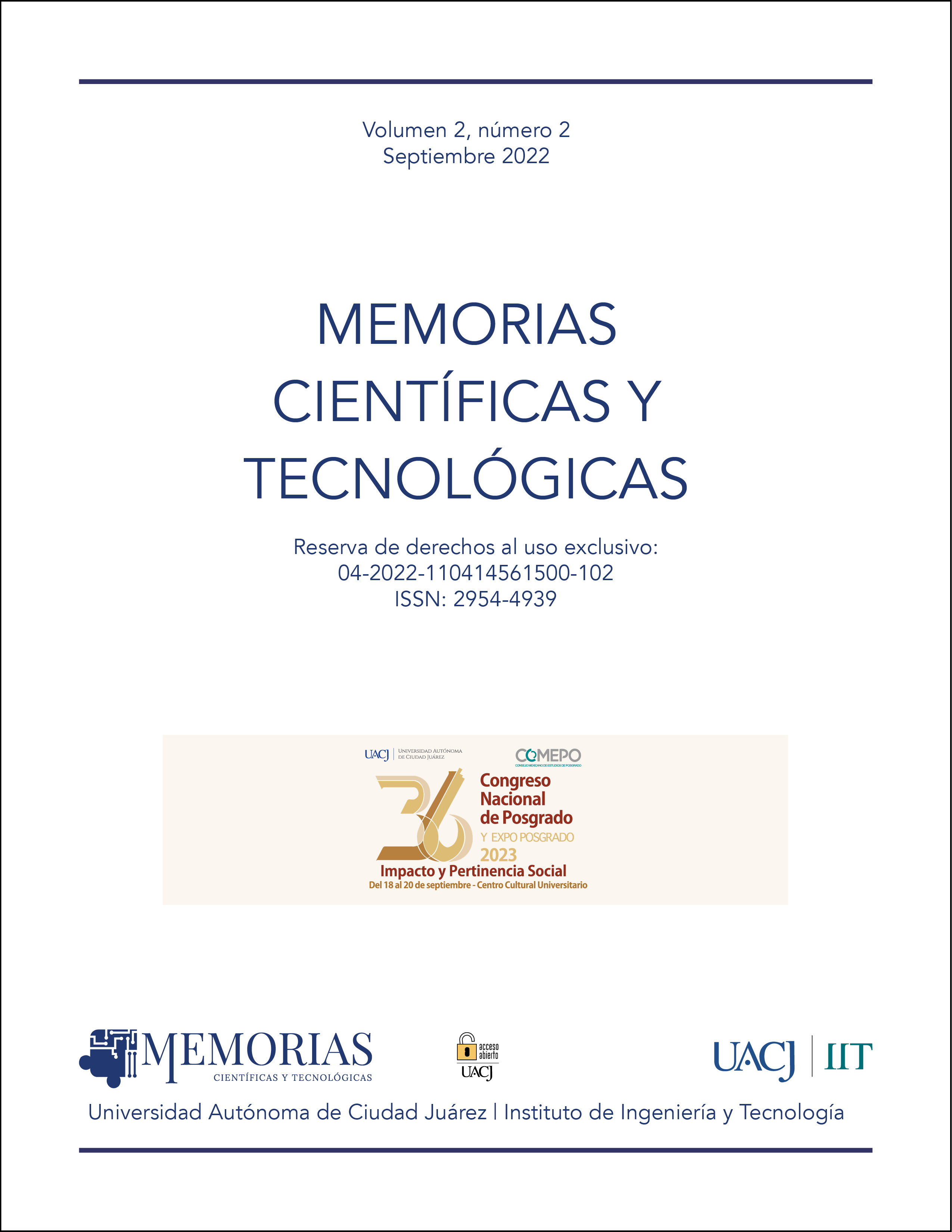Competencias digitales en estudiantes de una comunidad rural: desafíos y oportunidades
Palabras clave:
competencias digitales, estudiantes, educación primaria, comunidad ruralResumen
Information and Communication Technologies (ICT), as well as trends in access to information networks and electronic communication devices, are experiencing constant growth that brings with them new innovations that impact various contexts of human life. Within rural communities, basic education institutions face a series of challenges to facilitate the development of technological knowledge, that is, digital competencies, in their students. That said, within the framework of the social impact programs of the Master’s Degree in Technologies for Learning at the Centro Universitario de los Valles (University of Guadalajara), to contribute to the resolution of social problems, this research was carried out, which has as its purpose analyze the obstacles faced by the 6th grade students of the Emiliano Zapata Urbana No. 672 primary school, in the community of Trapiche del Abra, San Martín Hidalgo, Jalisco, Mexico; in their process of acquiring digital skills (information, communication, content creation, security and problem solving). In addition, the influence exerted by the family, teachers and society to promote the development of these competencies is explored. Likewise, it examines how these difficulties can become opportunities to overcome the challenges that arise. This work is framed in socio-constructivist theory, which offers an adequate theoretical approach to understand the construction of knowledge in educational contexts. The methodology used is qualitative in nature with case studies and descriptive in scope. Resulting in students being between the basic and intermediate levels of these digital skills. Likewise, there are differences in the extent to which the family, the teacher and society influence the development of digital skills. This is related to support, guidance and shared knowledge in their family, school and social context about the activities they carry out through technology; where the family is the one that has most influenced the development of these skills. Concluding that the obstacles that arise in basic education institutions within rural contexts are mostly related to the digital divide. And that opportunities are created to the extent that the resources, media and digital tools available are used, which will contribute to the reduction of the digital divide.



